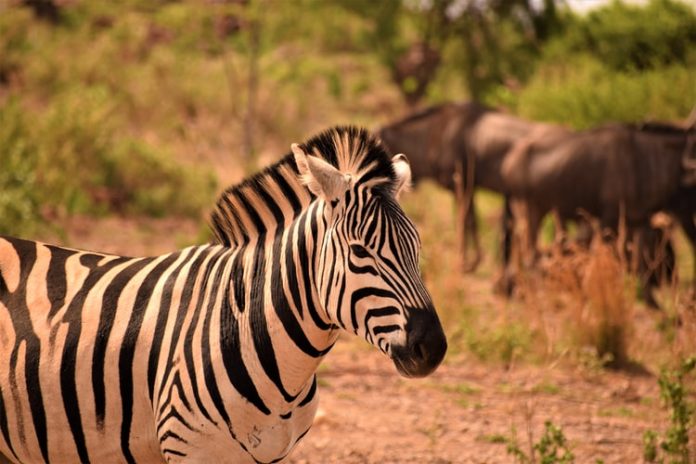As the Covid-19 pandemic escalates, wildlife conservation, like many sectors, has taken a backseat.
Wildlife conservancies and game parks are almost completely dependent on safari tourism and hospitality sector – the first victim of worldwide travel restrictions. Closure of campsites and resorts has, therefore, hammered the fortunes of animal sanctuaries, slowing efforts to protect endangered species as attention shifts to healthcare systems and economic stimulus packages.
Conservationists are now calling on industry players to hit the reset button in the way sanctuaries are run, pivoting from dependence on foreign visitors and towards sustainable strategies.
“The big question is, does conservation purely depend on international tourism (foreign visitors)? Unfortunately for Kenya, the answer is a yes. We are still stuck in the colonial mode. The gamekeeper has the duty to keep the common people away from wildlife parks so that tourists and the wealthy few can use it for recreational purposes,” Mordecai Ogada, director of Conservation Solutions Afrika said in an interview.
“Tourism should be a by-product of conservation; it should never be the purpose or reason for conservation. “It is unsustainable to rely on foreign patronage in order to prop up our economic pillars,” he added.
Dr Ogada said that wildlife conservation efforts in the region tend to exclude the participation of locals and yet they are the ones affected directly.
Depending on how the natural environment resources around a community is used or misused, the effects stay with them long-term. That’s why conservationists are calling for an inclusive post-pandemic strategy, one that would include locals in conservation projects, in addition to encouraging domestic tourism.
“The greatest effect of the lockdown has been the clampdown on movement. We have countryside homes that we cannot go to. Yet travelling upcountry is one great tourism element that we’ve long taken for granted. Most of our mental and natural resilience comes from upcountry,” said Dr Ogada.
While tourism remains a key foreign exchange earner for Kenya, he says it should be practised in a sustainable, inclusive manner.
For instance, he points out that many villages that traditionally co-existed with wildlife for decades are now perceived a threat to the same animals, as focus shifts to serve the whims of foreign visitors. But this shouldn’t be the case.
With more participation and inclusion of locals in conservancies and game parks, a harmonious balance could be struck and avert conflicts as the economic gains from tourism are shared. With an empowered village, the temptation to engage in poaching as a source of income reduces and locals become the greatest supporters of conservation efforts.
In the past, biases have played out when visitors kill wildlife as a sport (trophy hunting) while blatantly defying anti-poaching campaigns.
Knowing they can afford it, a market for prized game meat has also been created targeting mostly visitors while at the same time discouraging local communities from hunting for bush meat.
Since coronavirus has been a wake-up call and a moment of reflection, systematic corrections, says Dr Ogada, need to take place in the wildlife conservation and tourism sector.
“Banking, business, agriculture and practice of law have radically changed in Africa in the last 30 years but tourism and conservation, still hangs onto yesteryear colonial underpinnings.”
Read also: Solar Firm Ofgen To Develop 10MW Annually




